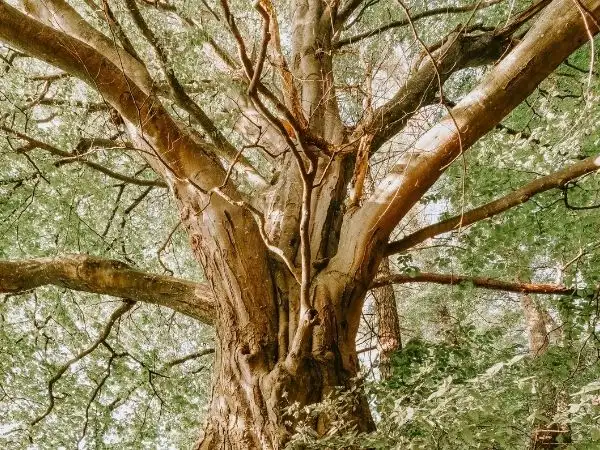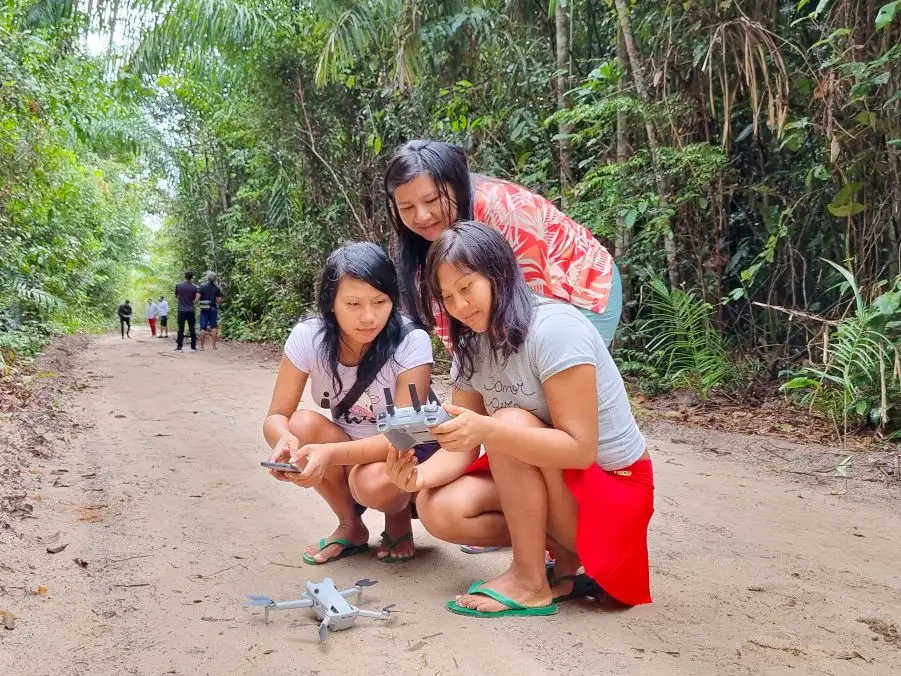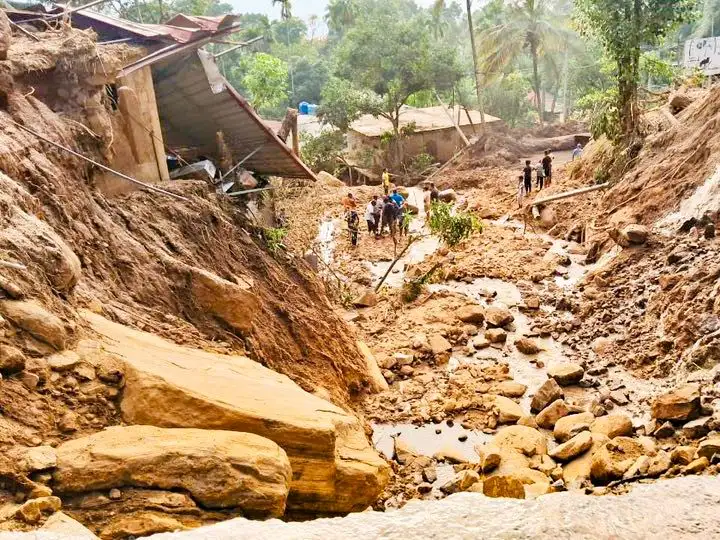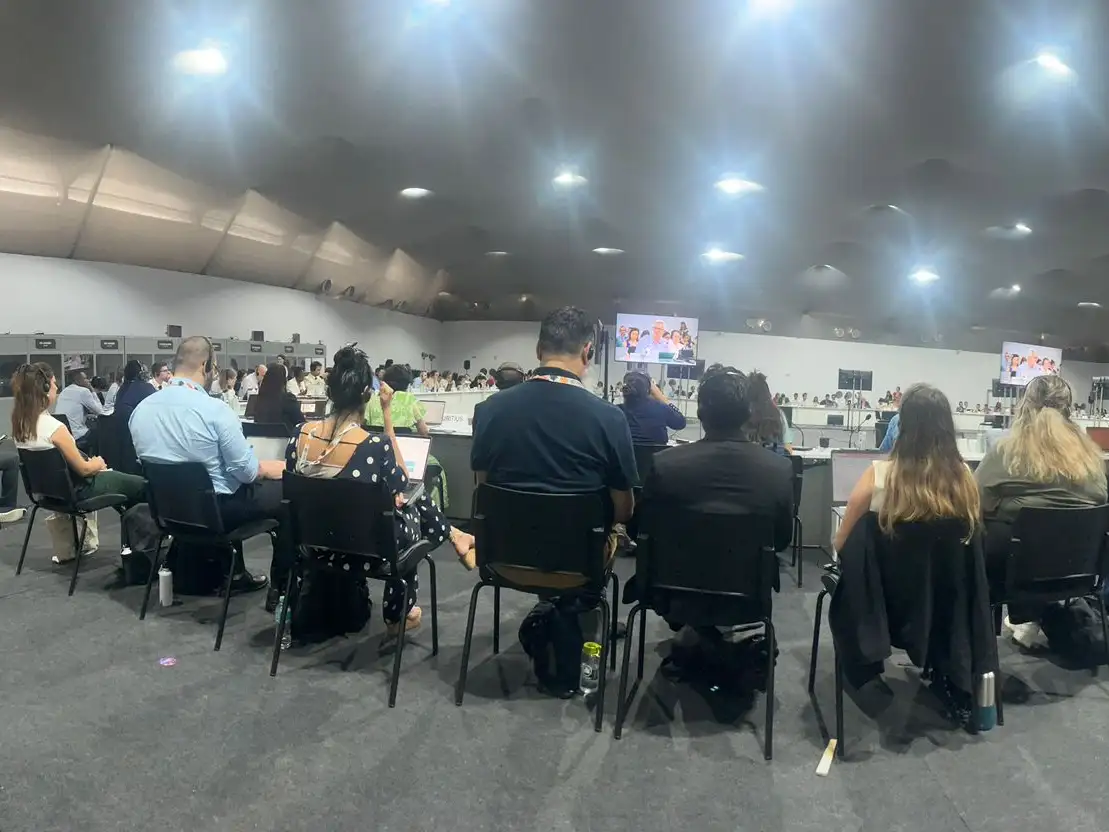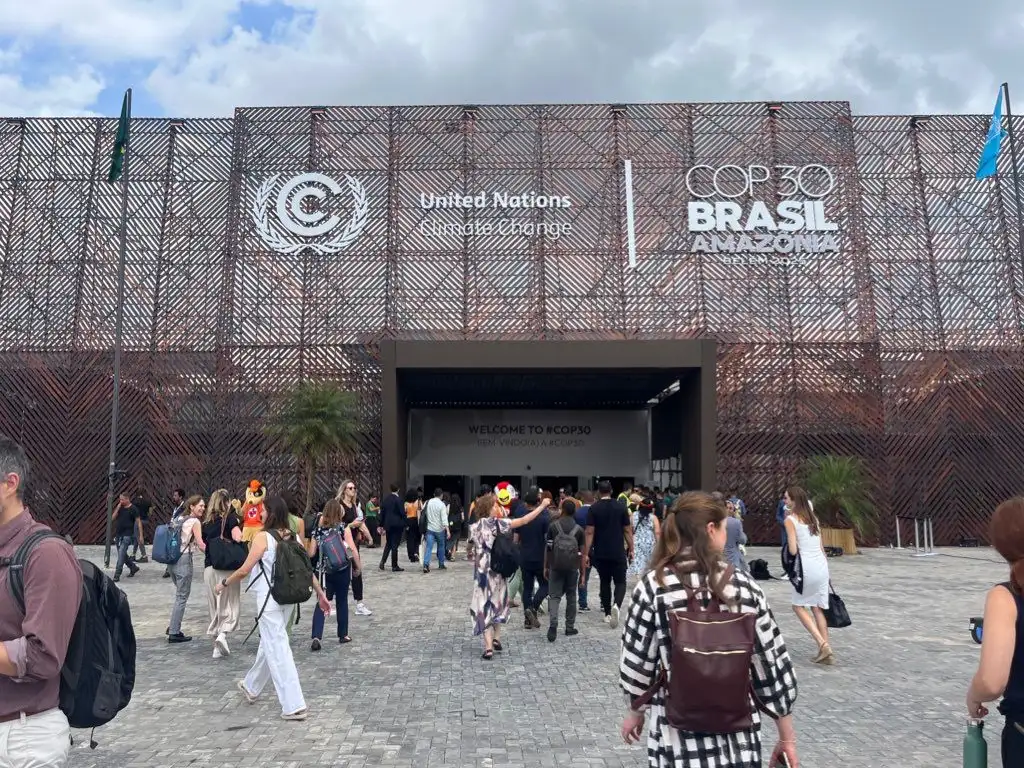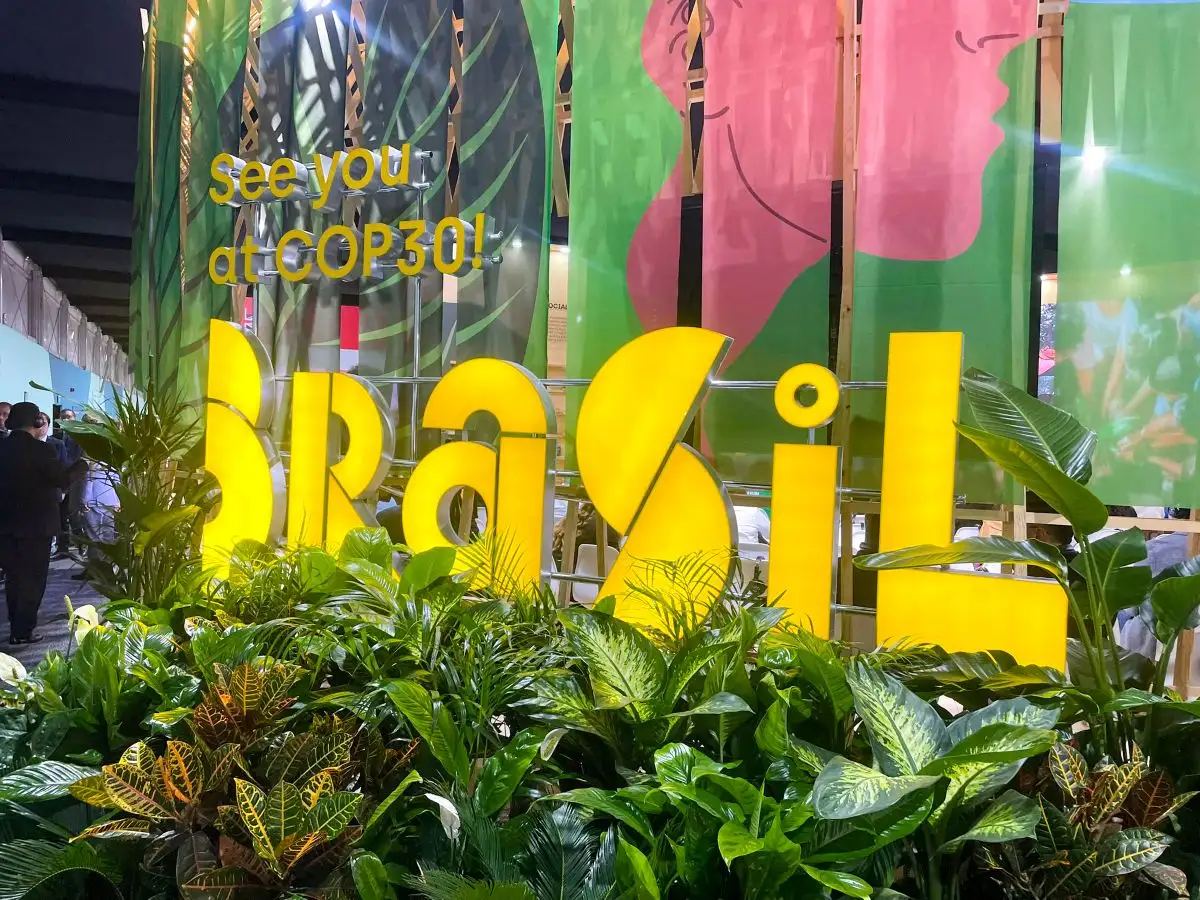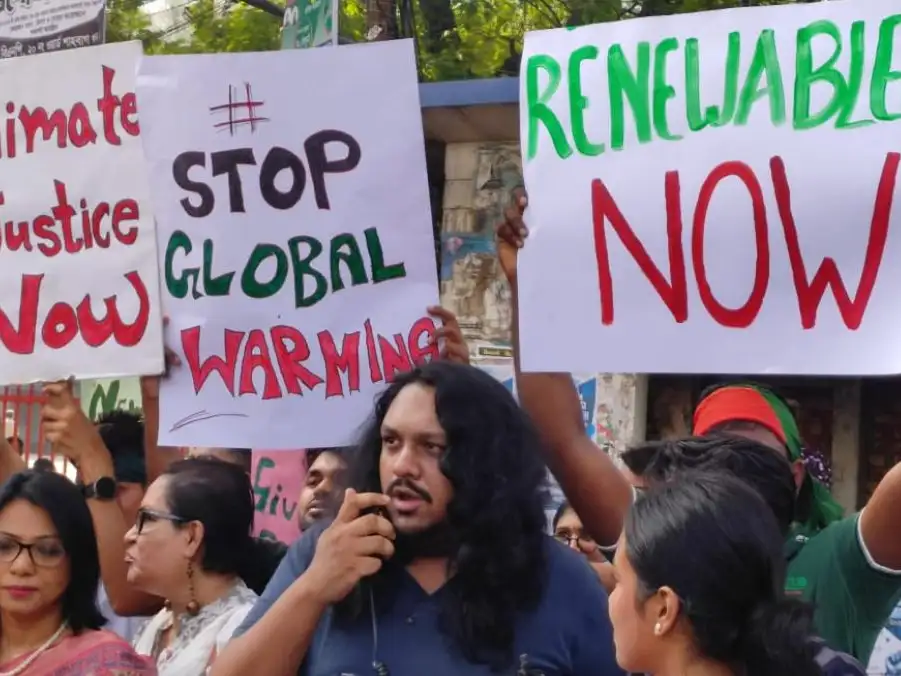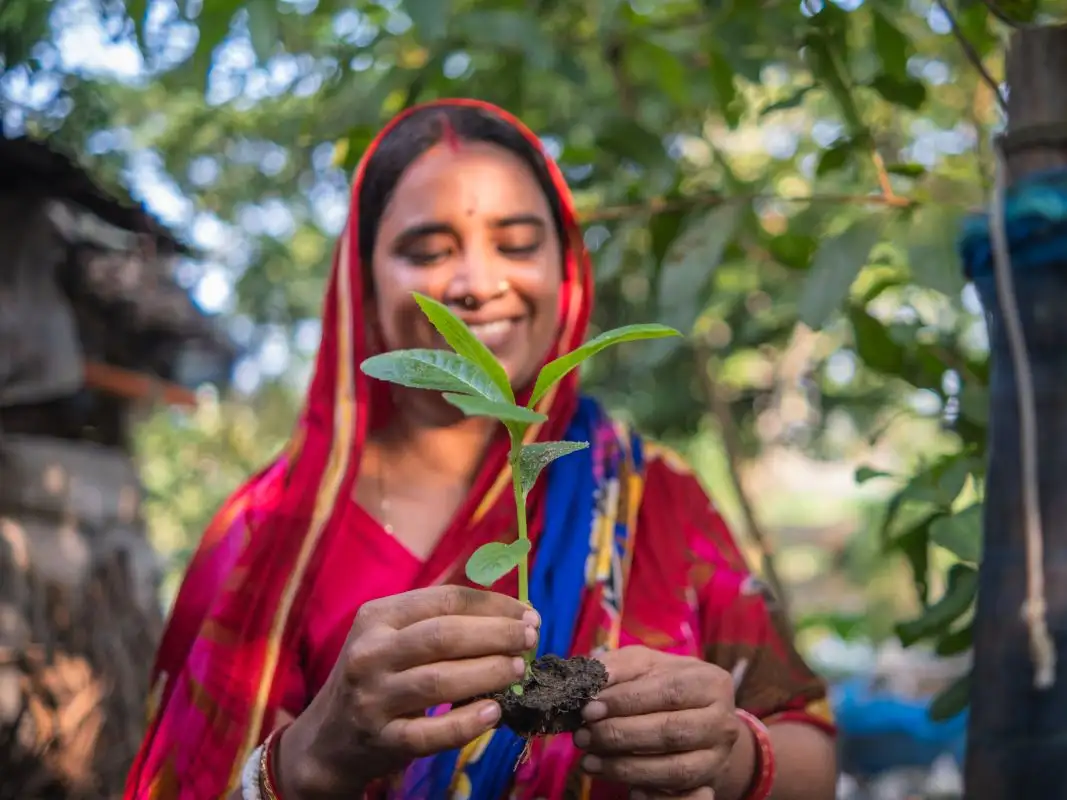

Konika, a farmer in the Barishal region of Bangladesh, is learning more about environmentally friendly farming techniques and how to adapt to the climate crisis
We believe that everyone has the right to a safe and healthy environment. We are committed to protecting and restoring the earth, as well as supporting communities to adapt to the climate crisis, so they can thrive, not just survive.
How is CAFOD working on climate and the environment?
We support local experts who help communities to look after the natural world and adapt to the climate crisis in ways that offer long-term benefits and respect human rights. Our long-term partnerships build trust, deepen our understanding of local contexts, and tap into solutions that lie within the communities themselves. Because the health of the planet and vulnerable communities are connected, we ensure environmental concerns are considered across all our programmes.


Lokho is part of a woman’s group in Marsabit County, northern Kenya. She is learning more about growing crops and raising livestock in order to diversify her income and support her family through the climate crisis.
CAFOD’s impact on climate and the environment in 2024/2025
We contributed to new legislation for national parks and the protection of natural resources in Central America. Our work also helped to either halt mining projects or increase regulation on the extractive industries in Zimbabwe, Central America and Sri Lanka.
We supported farming communities to increase the use of agroecological practices (farming that works with nature, like making compost and seed saving) in Bolivia, Sri Lanka, Zimbabwe, Bangladesh, Sierra Leone and Liberia.
We helped improve communities’ knowledge on how to better prepare for and deal with the climate crisis. Community action plans, water management systems (controlling water sources), and early warning systems for disasters were established in DRC, Brazil, Bangladesh and Afghanistan.
Low-cost water filtering systems were run by rural communities in the Katari basin, Bolivia. This collaboration between Newcastle University and Bolivian university academics and scientists is helping at least 50 families access clean water for their livestock and crops, in an area heavily impacted by mining pollution.
We increased awareness on the climate crisis through our Africa Church Advocacy Programme, enabling priests, religious women, young people and educators to promote environmental stewardship.
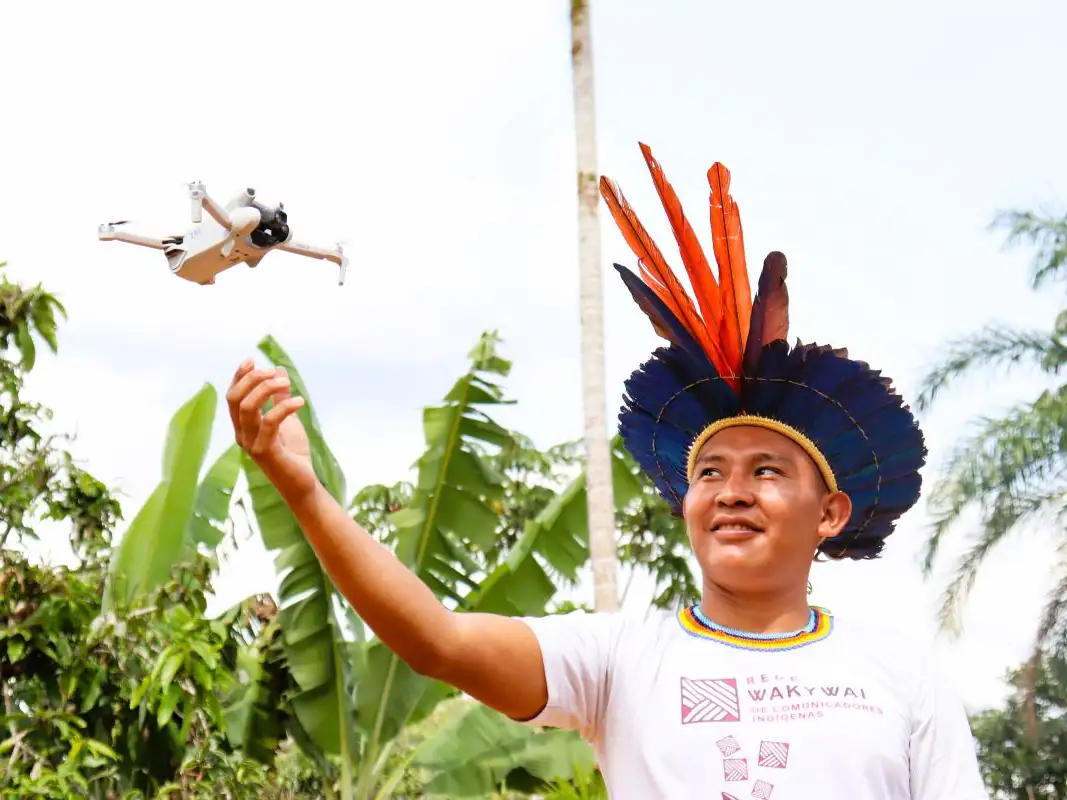

Young indigenous leaders are learning how to use drones to monitor and report to authorities on deforestation in the Brazilian Amazon. Credit: Evilene Paixao, Partner Hutukara Yanomami Association (HAY)
What does CAFOD’s work on climate and the environment focus on?
Resilient livelihoods
We provide access to knowledge and equipment for families to earn an income in ways that reduce the impact of climate change.
We promote agroecology-farming that protects both the environment and the right to access healthy food.
We support families to transition away from work that harms the environment.
Emergency preparedness and response
We help families to recover when a climate disaster strikes like flooding.
We help communities to be better prepared and more resilient to the climate crisis and harm to the environment.
Climate and environmental justice
We help communities to stand up for their land and their rights, and to hold their governments to account.
We support environmental defenders (people who peacefully advocate for their rights).
We connect local advocacy (communities campaigning for change) with international policy processes (like COP).
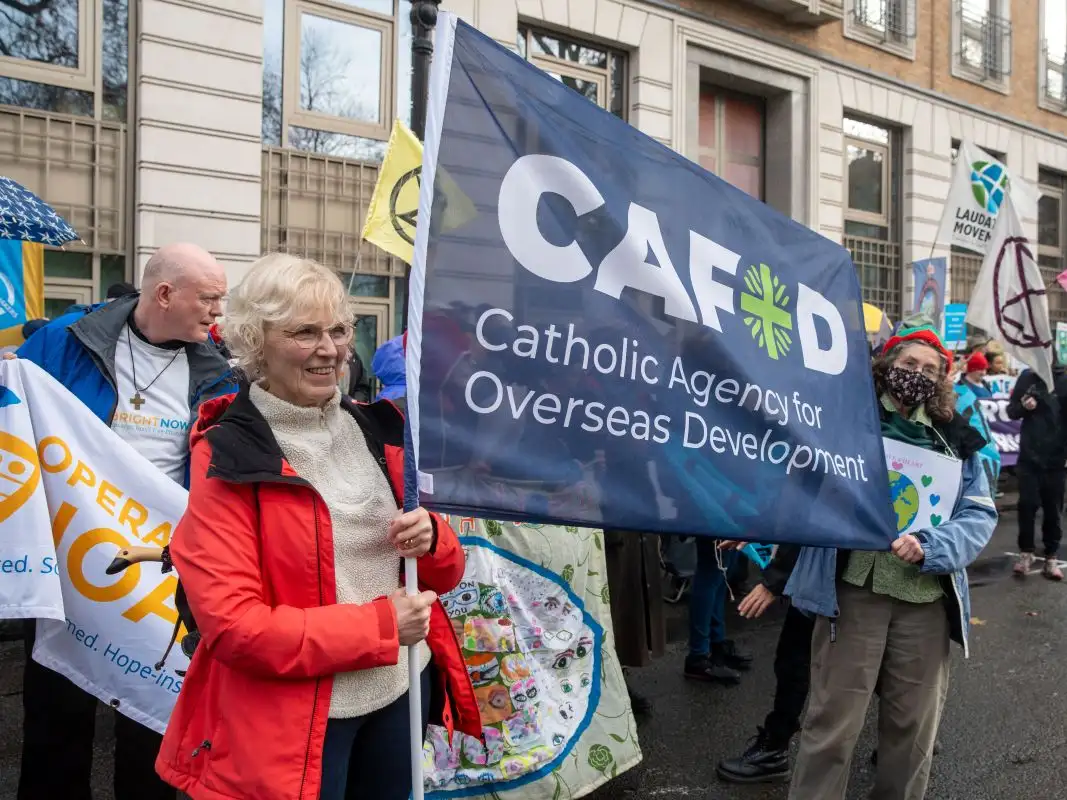

CAFOD supporters joined calls at a march in London for leaders at COP28 to commit to urgent action on the climate crisis
What is CAFOD campaigning for on climate and the environment?
We are engaging in advocacy at a UK and international level, campaigning to fix the global food system and to tackle the climate crisis. We are calling for:
Ambitious action to keep warming below 1.5°C, including fully funded policies to ensure the UK is on track for net carbon zero.
Support for the poorest and most climate-vulnerable communities.
An end to all support of fossil fuels, at home and overseas, including gas.
Protection of farmers’ rights to save and share their seeds.
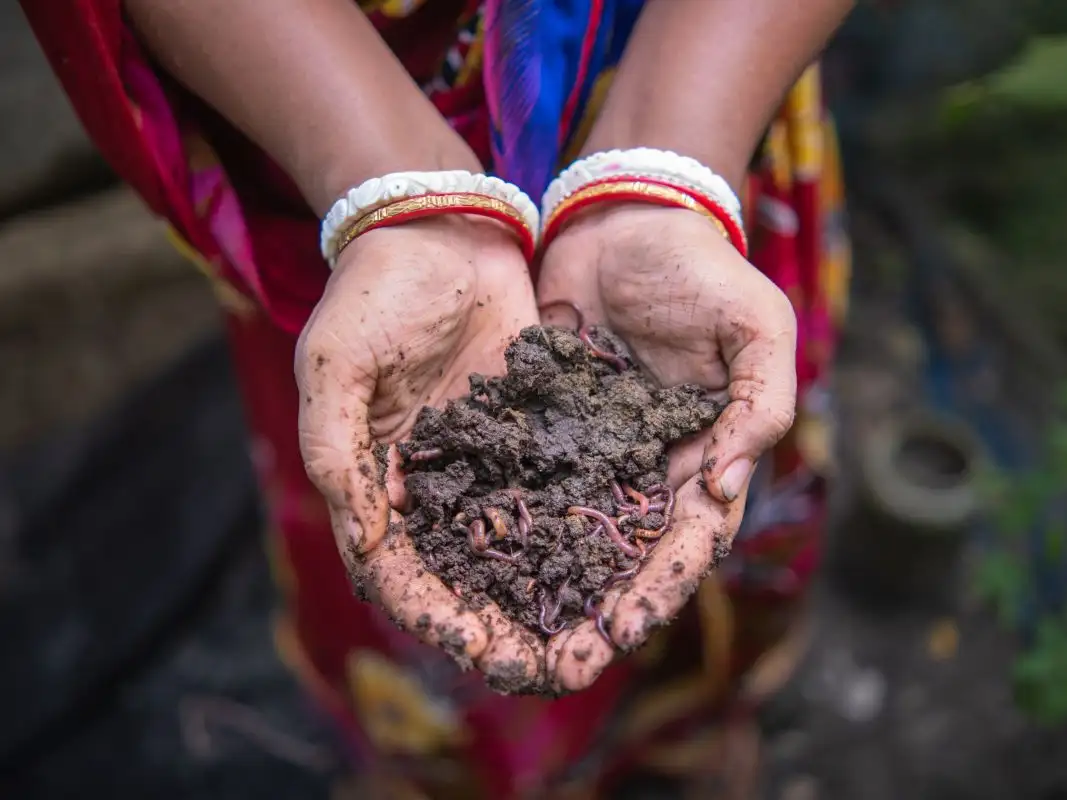
Bangladesh case study
In Bangladesh, our local Church partner Caritas Bangladesh are supporting marginalised rural communities with a strong focus on women. They are learning more about using vermicompost (making compost with worms) to improve growing vegetables, improve soil health and earn additional income by selling the fertiliser locally. Women are learning more about how to access markets and how to adapt to the climate crisis.
A total of 3,400 people involved in the project were able to sell their compost products supported by the use of vermicompost.


